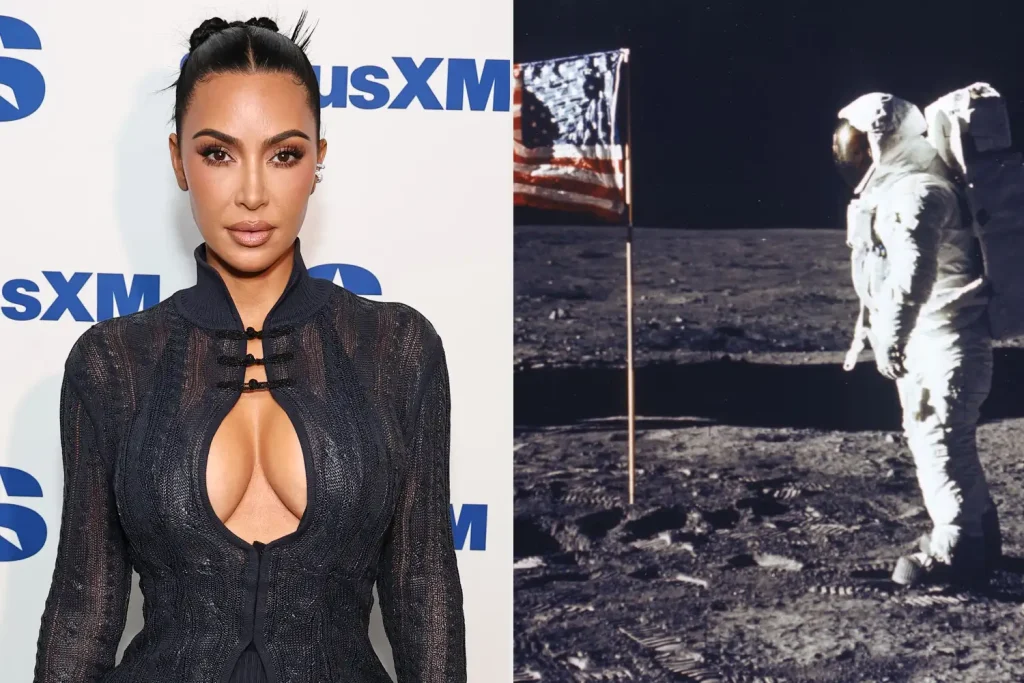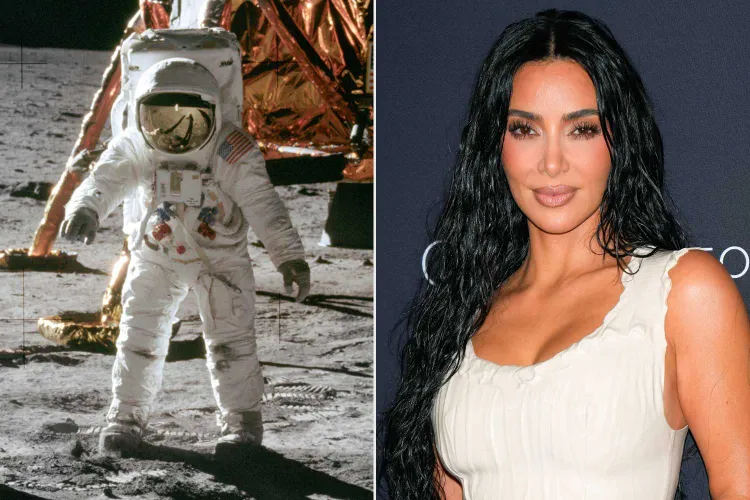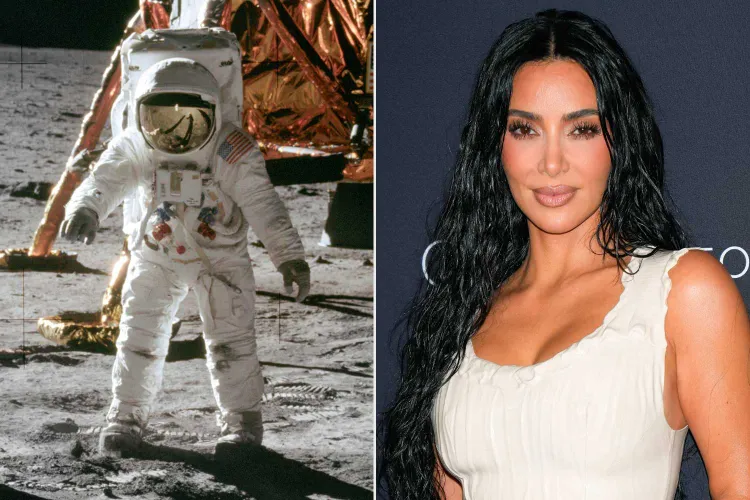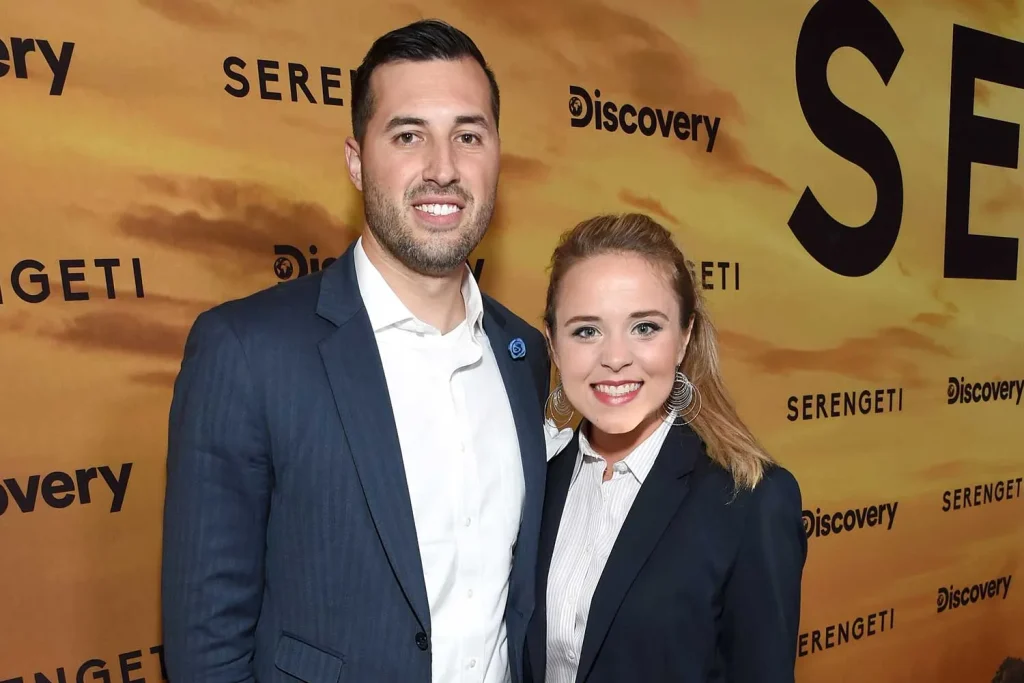NASA Administrator Calls Out Kim Kardashian’s Moon Landing Claim, Reaffirms the 1969 Apollo Mission as “One of Humanity’s Greatest Achievements”
NASA is setting the record straight after Kim Kardashian’s recent comments questioning whether the 1969 moon landing really happened. The billionaire reality star and entrepreneur made headlines earlier this week after she appeared to cast doubt on one of humanity’s most iconic moments — prompting an unexpected but firm response from NASA officials.

During a public Q&A session for her brand’s collaboration event, Kardashian reportedly made a casual remark about how “some people still aren’t sure” the moon landing was real, a statement that immediately caught fire online. Within hours, clips of her comment were circulating across social media platforms, reigniting one of the most persistent conspiracy theories of the past fifty years.
NASA, however, was quick to respond. Acting Administrator Sean Duffy addressed the comment directly during a Thursday briefing, emphasizing that the Apollo 11 mission remains one of the most thoroughly documented and verified events in history. “The 1969 moon landing absolutely happened,” Duffy said firmly. “We have over 8,000 hours of mission footage, rock samples, telemetry data, and firsthand accounts from astronauts, engineers, and mission control personnel. It stands as one of humanity’s greatest scientific achievements.”

He went on to add, “We understand people are curious — that’s what science is about. But when it comes to Apollo 11, the facts speak for themselves. Neil Armstrong and Buzz Aldrin did walk on the moon on July 20, 1969, while Michael Collins orbited above in the command module. That moment united the world in a way very few events ever have.”
Kardashian, who is known for her massive social influence, did not directly respond to NASA’s statement, but many of her followers weighed in online. Some defended her curiosity, arguing that she was simply echoing the questions that circulate online, while others criticized her for spreading misinformation to millions of people. The moment has since sparked a larger conversation about the influence of celebrities in shaping public understanding of science and history.
For NASA, this isn’t the first time the agency has had to address public skepticism about the Apollo missions. Over the years, conspiracy theories — suggesting that the moon landing was staged or filmed on a soundstage — have persisted despite overwhelming evidence to the contrary. NASA scientists and historians often point to physical proof like the laser reflectors placed on the lunar surface, which still bounce signals back to Earth today, as well as the moon rocks brought home that have been independently analyzed and verified by scientists worldwide.
Sean Duffy’s remarks also carried a subtle but important message about trust in science. “We live in a time where information moves faster than ever,” he said. “That’s both exciting and dangerous. It means that facts can sometimes get buried under speculation. That’s why agencies like NASA continue to share data, images, and open-access archives — to keep the truth accessible to everyone.”
Kardashian’s comment, while likely not meant to stir controversy, has once again reminded many of the importance of science education and critical thinking. As one astronomer commented on social media, “It’s fine to ask questions, but it’s also important to seek answers in evidence, not assumptions. The moon landing was real — and it’s something every generation should continue to be inspired by.”
For NASA, the focus remains on the future. The agency is preparing for its next major lunar chapter — the Artemis program, which aims to return humans to the moon and eventually establish a sustainable presence there. “If Kim Kardashian wants proof,” one NASA spokesperson said jokingly on X (formerly Twitter), “we’d be happy to take her to the launch of Artemis III.”
Despite the online storm, the conversation has ultimately brought renewed attention to one of humanity’s most defining accomplishments — and perhaps, in an unexpected way, reminded millions of people just how incredible it was when humanity first set foot on another world.



